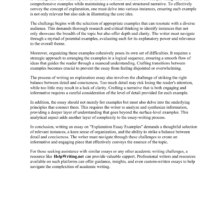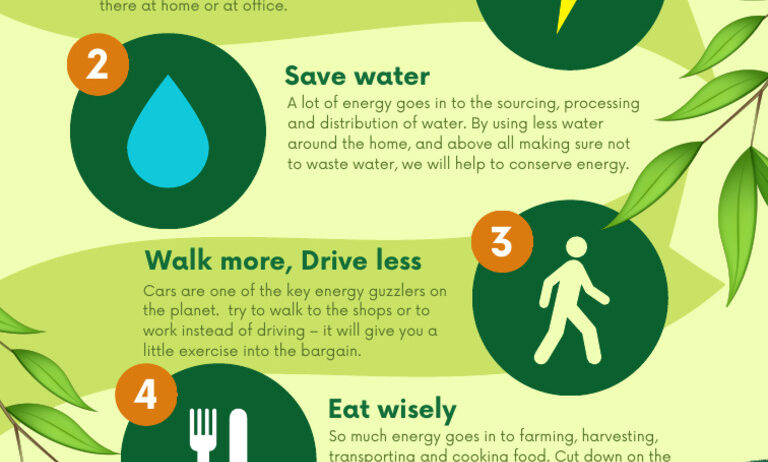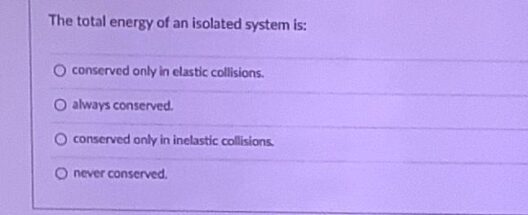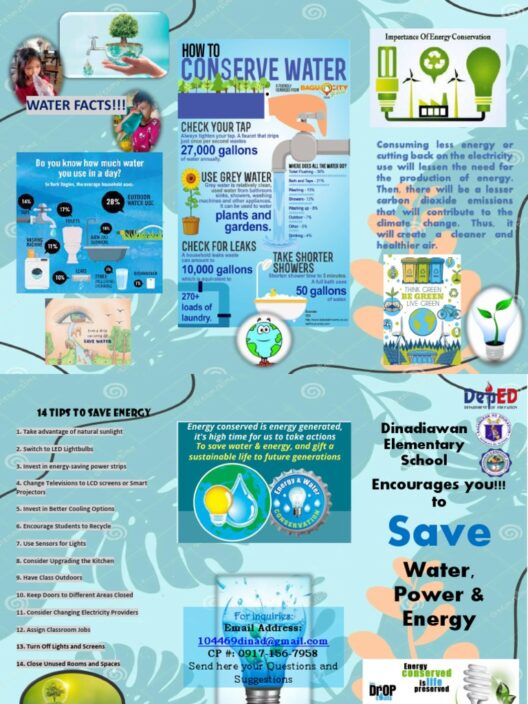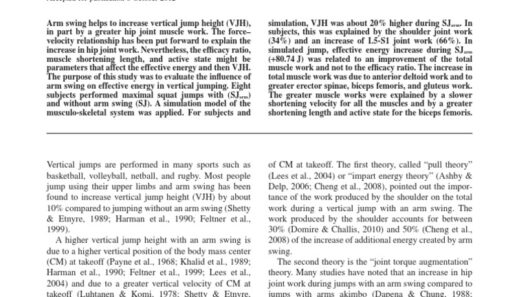In a world grappling with the consequences of climate change and resource depletion, the importance of energy conservation cannot be overstated. Every small action contributes meaningfully to a larger movement aimed at reducing our collective carbon footprint. One particularly effective and easy way to conserve energy every day is by diligently turning off electrical devices when they are not in use. This seemingly simple habit can lead to significant energy savings, benefiting both the environment and your wallet.
First, let’s delve into the mechanics of how this energy-saving strategy operates. When appliances, lights, and other electrical devices are left on, they continuously draw power. This phenomenon is often termed “phantom load” or “standby power.” Devices such as televisions, computers, and chargers can siphon energy even when they are ostensibly turned off. According to the U.S. Department of Energy, homeowners can save approximately $100 per year by simply unplugging devices that are not in use. By adopting the habit of turning off or unplugging devices, one is not merely conserving energy; one is actively participating in the fight against unnecessary energy consumption.
The act of turning off devices also extends to optimizing the use of essential appliances. For instance, using power strips or smart plugs can aid in managing energy consumption more efficiently. A power strip allows multiple devices to be connected and switched off collectively, minimizing the hassle of tedious unpluggings. There are also advanced models equipped with timers or smart technology, enabling users to schedule device operation hours. This ensures that devices do not remain in a state of energy consumption during non-usage periods, thereby fortifying energy conservation efforts.
Transitioning to the habit of switching off devices necessitates developing mindfulness about energy use. It can be beneficial to cultivate a routine. For instance, create a checklist before leaving a room: Are the lights off? Is the television switched off? Have chargers been unplugged? Such a ritual serves not only as a means of conservation but as a constant reminder of energy’s finite nature.
Furthermore, this simple action can trigger profound behavioral changes over time. The habit of turning off devices promotes an acute awareness of energy consumption that transcends individual actions. It can lead to broader discussions within households about energy conservation strategies. The keystone of changing communal behaviors lies in the recognition that each individual’s actions influence the collective. Engaging family members or housemates in discussions about energy conservation can foster a culture of sustainability that extends beyond mere appliance management.
Moreover, embracing this practice invites opportunities for innovative solutions. Imagine reimagining the way electronics are employed in your daily life. Instead of reaching for a charger during a night out or an afternoon on the sofa, consider a world without needless energy drain. Perhaps investing in energy-efficient products, such as LED light bulbs or ENERGY STAR-rated appliances, can further bolster these conservation efforts. Such choices can amplify the reducing effect of habitual power-off strategies. These energy-efficient devices are designed to consume significantly less energy, providing both economic and environmental benefits.
In addition, it is crucial to understand the environmental implications of energy conservation. The energy that households and businesses consume is often generated from fossil fuels, leading to carbon emissions that contribute to climate change. By adopting energy conservation techniques on a micro level, you contribute to mitigating these detrimental effects on the planet. The less energy you consume, the fewer fossil fuels are burned, resulting in lower greenhouse gas emissions—a direct contribution to combating global warming.
Moreover, conserving energy directly impacts resources. The extraction, processing, and transportation of fuel (whether fossil or renewable) consume vast amounts of natural resources and energy. When energy usage is reduced, the demand for these resources diminishes, allowing for a more sustainable interaction with the planet. It becomes an exercise in stewardship, recognizing the intrinsic value of natural resources and working toward preserving them for future generations.
However, it is essential to recognize that turning off devices is only one facet of a comprehensive energy conservation strategy. Complementary practices can be employed to enhance this effort. Utilizing natural light judiciously, adjusting thermostats, using public transportation, or carpooling are all effective complementary strategies that can synergize with the primary practice of switching off unused devices. Each small change contributes to a burgeoning tapestry of energy conservation efforts.
Ultimately, embracing the habit of turning off electrical devices is a substantial way to contribute to energy conservation in our daily lives. This single action can reshape perceptions and inspire a culture of conscientious energy usage. The pursuit of sustainability is not merely a lofty ideal; it is an achievable goal that begins with individual habits. Taking that first step—turning off the lights, unplugging the charger, and switching off devices—can transition into a lifestyle centered around energy conservation. The ripple effect is powerful when one small change leads to another, fostering a broader commitment to preserving our planet’s resources. By making energy conservation a priority, we can pave the way toward a more sustainable future that honors our obligation to the environment and future generations.


